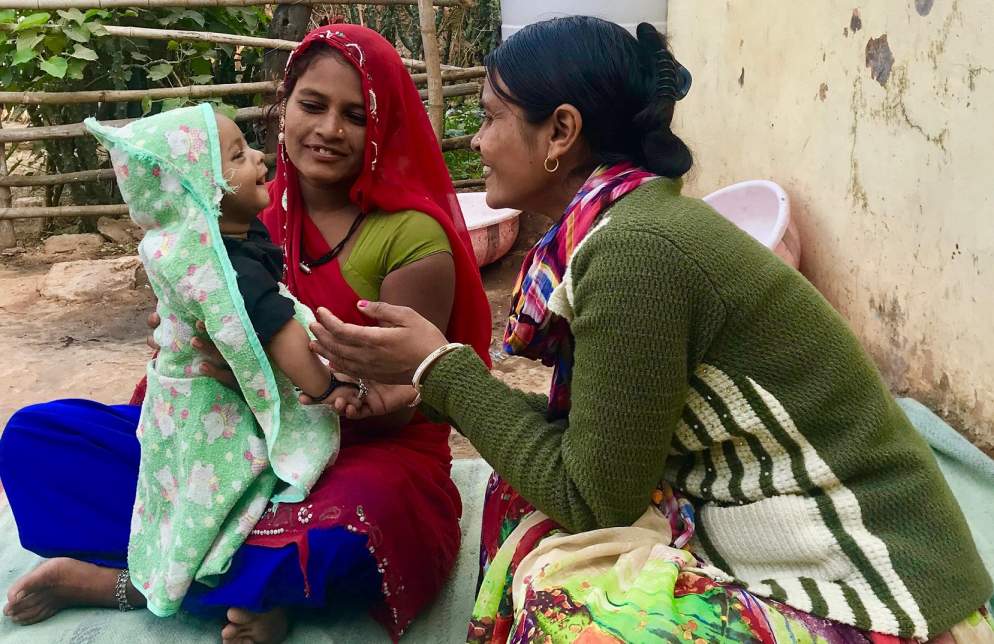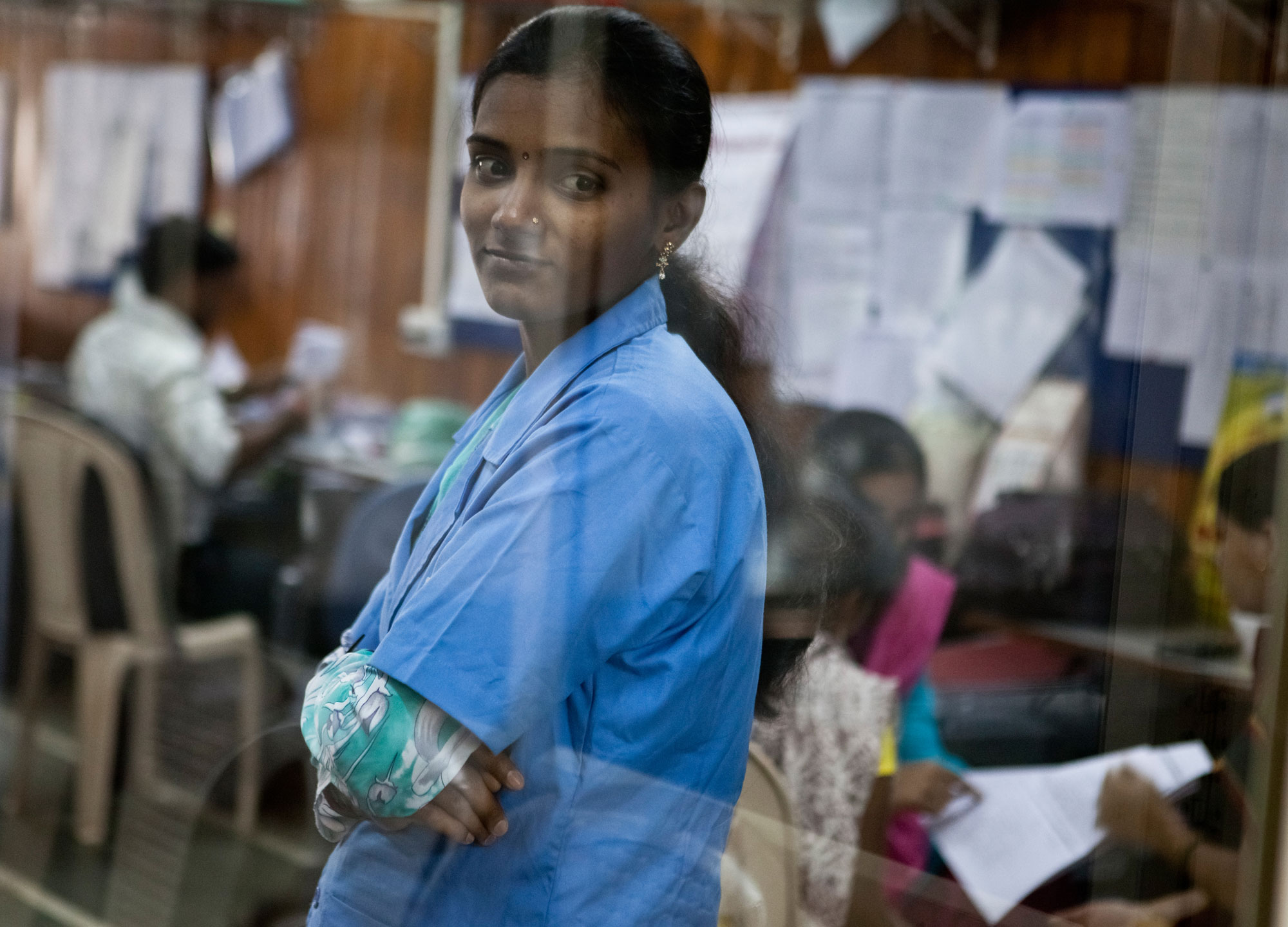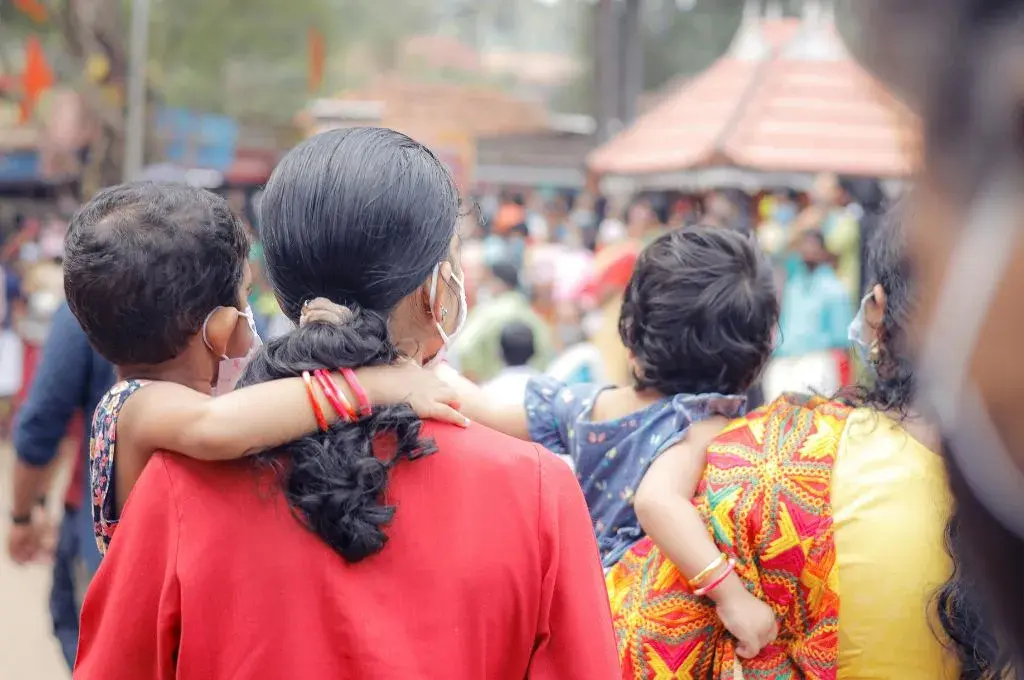Dr Srinath Reddy is one of the leading voices on India’s public health. He is the president of the Public Health Foundation of India (PHFI), and presently serves as an adjunct professor at the Harvard School of Public Health as well as the Rollins School of Public Health at Emory University. He is also the first Indian to be elected to the National Academy of Medicine in the United States.
Dr Sangita Reddy is the joint managing director of one of Asia’s largest healthcare groups, Apollo Hospitals. She also heads Apollo Philanthropy, and Apollo Reach, which aims to build a string of secondary care hospitals in rural areas across India. Sangita is a member of the World Economic Forum, a former president of FICCI, and sits on the Government of India’s Technology Development Board.
Edited excerpts from the episode:
Dr Srinath Reddy
“Everywhere we are finding a great shortage of health workforce. And mere infrastructure strengthening is not going to help unless we bring in the right kind of workforce—a multilayered, multiskilled health workforce. This is where we can take the aid of technology and we should as well, but technology alone will not substitute for the presence of a health workforce. Secondly, we must recognise that we cannot build a strong and swift surge response to a public health emergency when we do not have an efficient and equitable health system performing in the steady state.”
Dr Sangita Reddy
“We have to increase our budgetary allocation to healthcare. At 1.9 percent of GDP, with the proposed 2.2 percent, it is still not enough. The out-of-pocket spending is still very high. Health remains the second cause of indebtedness in our country, and possibly in this last year, it may have become the first cause because of the pandemic. So the ability to really innovate in the speed and the scale at which we bring universal health insurance, new cures, enhanced infrastructure, and innovation would really be my top picks.”
Dr Srinath Reddy
“We require a vision first, which everybody subscribes to. And then a fair amount of decentralised planning and implementation. Even in the pandemic, I used to say that the policy should be decided at the central level in consultation with the states; the planning should be done at the state capital level. But very flexible implementation should be done at the district and sub-district level. What we need is data-driven, decentralised decision-making, and people-partnered public health, which means you engage citizen networks, you engage community-based organisations in a big way.”
Dr Sangita Reddy
“At the centre of healthcare is the individual. And so for the last many years, we have been working on what we call the personal health record. So if you begin to correlate all the care that an individual is having, from vaccination to surgery, and you begin to apply technology as well as integrate AI models to predict and prevent the primary healthcare with the individual at the prime, you have the personal health record. This is going to be another transformational step in India’s journey towards universal health access.”
—
Read more
- What the numbers say about the performance of Ayushman Bharat
- A pathway to universal healthcare in India
- India’s push for universal healthcare depends on women’s safety
- Transforming Health Care from the Ground Up
- How patient feedback can transform India’s public health system
- The trouble with developing a framework for primary healthcare delivery
- Healthcare: 5 Non-COVID Areas To Focus On In 2021
- Can private healthcare provide more value to consumers?
- Young adults in India want better healthcare
- 8 Ways in Which India’s Public Healthcare Can Change for the Better
- India: Health of the Nation’s States. The India State-Level Disease Burden Initiative
- A replicable model for urban healthcare
- COVID-19: A unique opportunity to reform our health systems
- What is keeping the doctors away?
- Are India’s healthcare goals inclusive of tribal peoples?
- IDR Interviews | Dr Rani Bang
- Reimagining the role of ASHA workers
- The ecology of an itch




